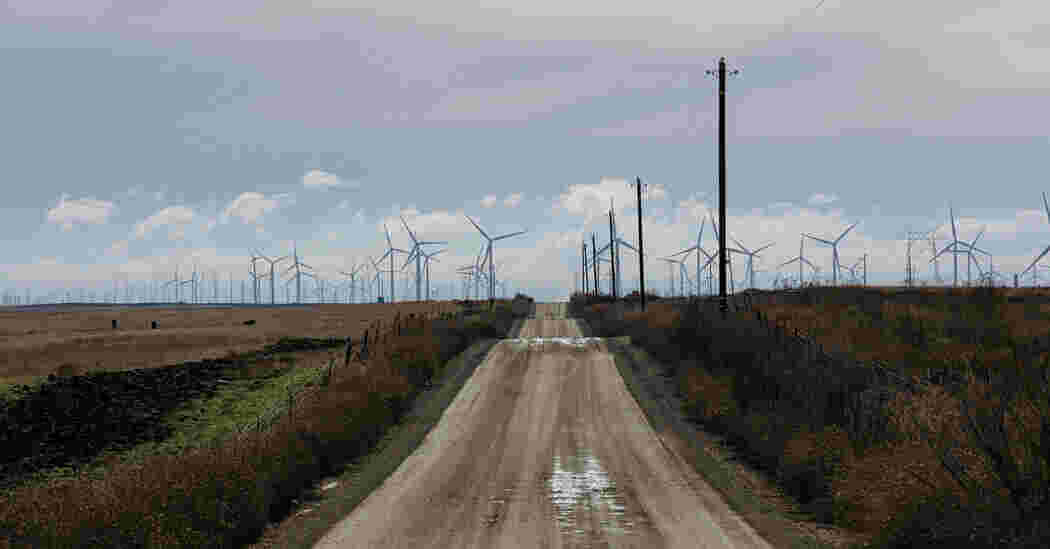Silicon Valley's plans for a startup city have hit a roadblock, with the ambitious proposal to build a new city backed by technology billionaires facing a delay of at least two years. The East Solano Plan, which aimed to create a walkable urban community in a rural area of the San Francisco Bay Area, has triggered tension and controversy among locals.
The plan, brainchild of former Goldman Sachs trader Jan Sramek and backed by prominent investors like Reid Hoffman and Laurene Powell Jobs, involved developing farmland in Solano County, 60 miles from San Francisco. The proposed city was intended to address California's housing shortage by building a significant number of new homes in a short period.
However, the company behind the project, California Forever, faced criticism and suspicion from neighbors and members of Congress for its secretive land acquisitions totaling $900 million, and a lawsuit against local farmers who refused to sell their land. The revelation of the investors' identities by The New York Times only heightened fears and mistrust in the community.
A recent report commissioned by Solano County highlighted the massive infrastructure investment required for the project and the lack of detailed information available to assess its full impact. As a result, California Forever has agreed to delay the ballot initiative, originally planned for November, to allow for an environmental impact study and the development of a more detailed plan.
Despite the delay, opponents of the project remain hopeful that it will be permanently shelved. Congressman John Garamendi, a critic of the proposal, stated that the plan was now in a "permanent deep freeze." The company, however, intends to continue its efforts, aiming for a revised timeline and a potential vote in 2026.
The East Solano Plan represents a unique approach to addressing California's housing crisis by building a new city from scratch, evoking the concept of planned communities. However, the project has faced significant challenges, highlighting the complexities and tensions surrounding housing development in the state.
Silicon Valley Investors’ Plans for a New City Put on Hold
The East Solano Plan, a proposal for a walkable urban community in a rural corner of the San Francisco Bay Area, stoked tension, fear and mistrust among some neighbors.

